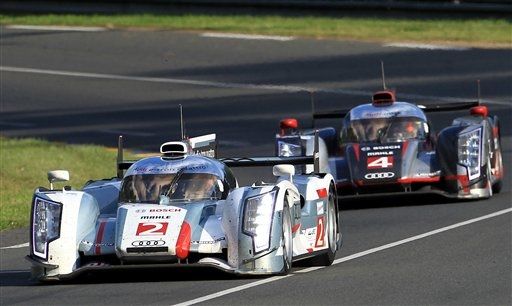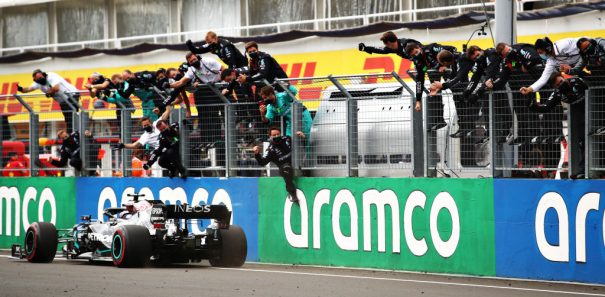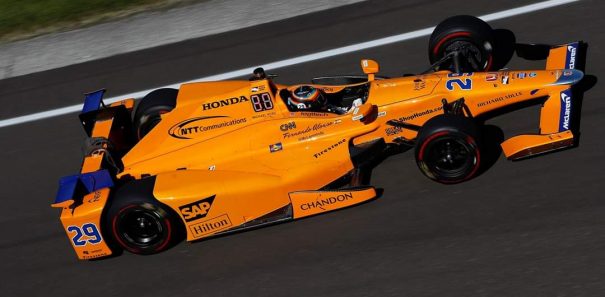Even before the lights went green and the French countryside echoed to the sounds of wheelspin and reverberating rev limiters, this year’s Le Mans was always going to be seen as a special one.
After all, it’s the 80th 24 Heures du Mans to be held, and the arrival of the Audi R18 e-trons and Toyota’s TS030 Hybrids meant that it was incredibly likely that it would be the first race to be won by a vehicle with an ‘alternative powertrain’. Oh, and we also had the Nissan DeltaWing in the running order as well.
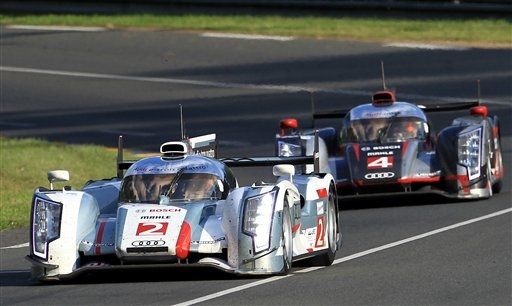
However, it ended up being far more exciting than most people would have imagined. Yes, Audi ended up claiming the overall win for the eleventh time in the German team’s Le Mans career, but there were so many unexpected twists and turns that, even when it became obvious who would eventually win, there was still plenty of great racing to focus on.
So, without further ado, here’s my thoughts on the 80th 24 Heures du Mans endurance race.
Race summary
The main focus of the race was, undoubtedly, the entries of the two ‘favorites’ to win at Le Mans – the R18 Ultra and hybrid ‘e-tron’ pairings from Audi, whilst a duo of TS030 petrol-electric hybrids would be representing Toyota in the fierce world of endurance racing. 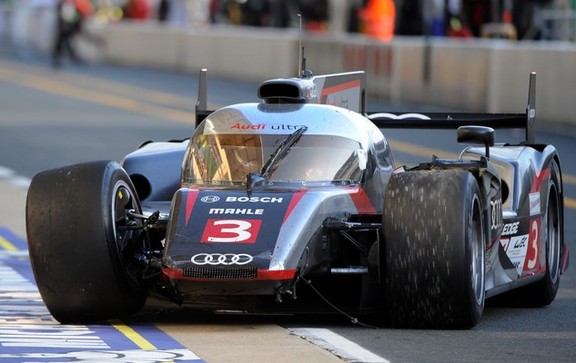
Prior to Le Mans, quite a few expected that, although the Toyotas would most likely put up a decent fight, they’d be no match for the Audi crew (after all, this is a team that’s backed by the might of the VW Group and had won Le Mans no less than ten times).
However, despite the fact the Toyota had never turned a wheel in anger on a race track before (a crash during a test session at Paul Ricard meant it would never be ready in time to compete at Spa) where the e-tron made its debut – the TS030 certainly made a name for itself at La Sarthe.
When it got into its stride, the TS030s became a true force to be reckoned with. On several occasions during the first eight hours, the Toyotas would often lap Le Mans several seconds faster than the Ultras or the e-trons. At one point in the race, a Toyota would briefly end up leading the pack until it was required to make a pit stop.
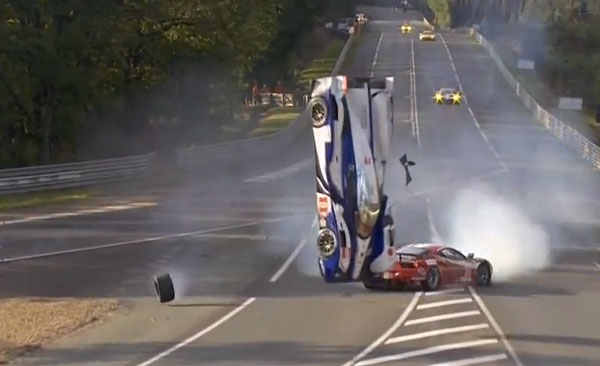 However, that’s as close as Toyota came to tasting race victory at the hallowed track. Things started to go downhill from then on, when Anthony Davidson’s ‘No. 8’ TS030 ended up bearing the brunt of a horrific racing incident at the Mulsanne Corner – a collision with an ‘amateur’ Ferrari 458 resulted in Davidson’s car to be flipped into the air, and sent crashing into the tyre barrier. The car bore the brunt incredibly well, given the ferocity of the collision, but Davidson was later acquitted to hospital, where it was announced he had broken two of his vertebrae.
However, that’s as close as Toyota came to tasting race victory at the hallowed track. Things started to go downhill from then on, when Anthony Davidson’s ‘No. 8’ TS030 ended up bearing the brunt of a horrific racing incident at the Mulsanne Corner – a collision with an ‘amateur’ Ferrari 458 resulted in Davidson’s car to be flipped into the air, and sent crashing into the tyre barrier. The car bore the brunt incredibly well, given the ferocity of the collision, but Davidson was later acquitted to hospital, where it was announced he had broken two of his vertebrae.
Several minutes or so later, more bad luck befell the Toyota team – after the safety car dove 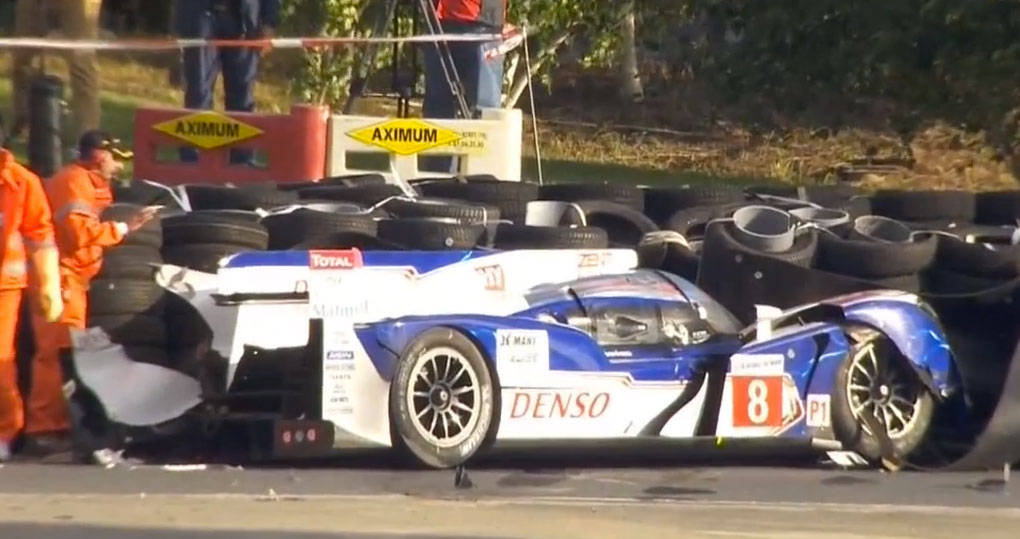 back into the pits, the sole remaining Toyota ended up colliding with the Nissan DeltaWing (the highly publicised experimental prototype that, despite putting on a decent performance during the race, had already experienced enough problems, such as a faulty gearbox, without needing an LMP car to drive straight into it), which meant both cars ended up limping their way into the pits. No one knew this at the time, but almost an hour later it became clear that the damage was too severe to warrant more track time, and both were posthumously retired from the race.
back into the pits, the sole remaining Toyota ended up colliding with the Nissan DeltaWing (the highly publicised experimental prototype that, despite putting on a decent performance during the race, had already experienced enough problems, such as a faulty gearbox, without needing an LMP car to drive straight into it), which meant both cars ended up limping their way into the pits. No one knew this at the time, but almost an hour later it became clear that the damage was too severe to warrant more track time, and both were posthumously retired from the race.
From then on, it became Audi’s race to lose – despite a very impressive performance by the No. 12 non-hybrid (and aptly named) ‘Rebellion Toyota’ that ended up splitting the two Ultras apart, along with a few uncharacteristic mistakes during the later stages, the R18 e-trons and one ‘lucky’ Ultra ended up roaring away into the distance, and eventually locked out the LMP1 podium. By 3.00pm in France, not only had Audi won Le Mans for an eleventh time, but as it was an e-tron crossed the finishing line first, it became the inaugural hybrid ever to emerge victorious at the iconic endurance race.
However, whilst the dominant Audi team was busy snapping up the headlines and all the media’s attention, there was far closer racing in the ‘lesser’ ranks. The LMP2 crews, for instance, put up a very impressive set of performances – the Morgan teams and in particular the Starworks outing stunned many with their consistency (despite some mechanical niggles that faced the two Morgans throughout the race) and towards the latter stages, the Brundle family and GT Academy winner Lucas Ordonez would battle it out in their Greaves Motosport ‘Zytech’ chassis with the Signatech team’s Oreca, which also had a GT Academy winner in the form of Jordan Tresson as a more than capable pilot.
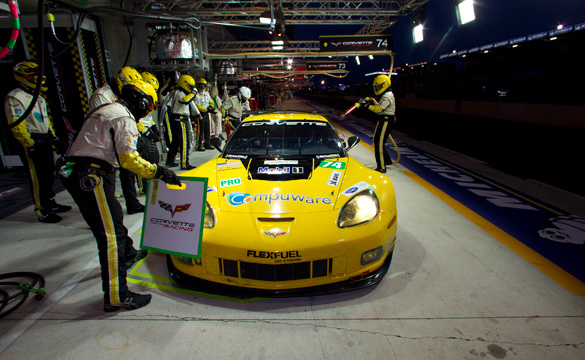
Had the Aston Martin team not had a few incidents along the way, such as a foray into the kitty
litter which brought about a ten minute delay, it’s likely the British team would have scored higher than 3rd in the ‘Pro’ race standings (after all, it set the fastest lap of any GTE car on the track!), but the Af Corse team did deserve its win with the No. 51 Italia – not only did the drivers show brilliant consistency and the pit crew superb levels of team work, but the Af Corse car needed a new chassis after a heavy shunt in an earlier practice session, and had to be fully rebuilt before the official race weekend started!
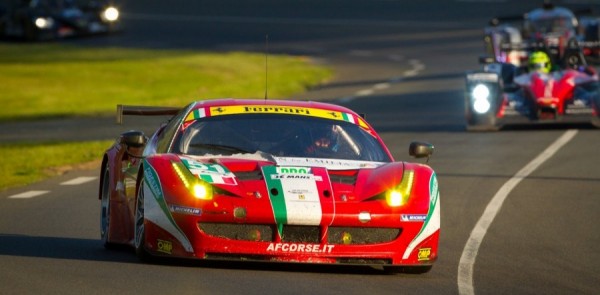 Even the ‘amateurs’ gave the folk in the grandstands and on their sofas at home something to cheer about, especially towards the last few hours of the race – one lone Porsche RSR that was fielded by the Matmut team was showing superb pace, having outpaced the floundering Chevrolet factory team and the rest of the 911s that had retired, but towards the end a privately fielded Corvette from ‘Larbre Competition’ stole the lead, and the championship win, during the final few laps of the race.
Even the ‘amateurs’ gave the folk in the grandstands and on their sofas at home something to cheer about, especially towards the last few hours of the race – one lone Porsche RSR that was fielded by the Matmut team was showing superb pace, having outpaced the floundering Chevrolet factory team and the rest of the 911s that had retired, but towards the end a privately fielded Corvette from ‘Larbre Competition’ stole the lead, and the championship win, during the final few laps of the race.
Overview
Though this year’s Le Mans couldn’t shake away all of the ‘predictable trends’ that are a focal
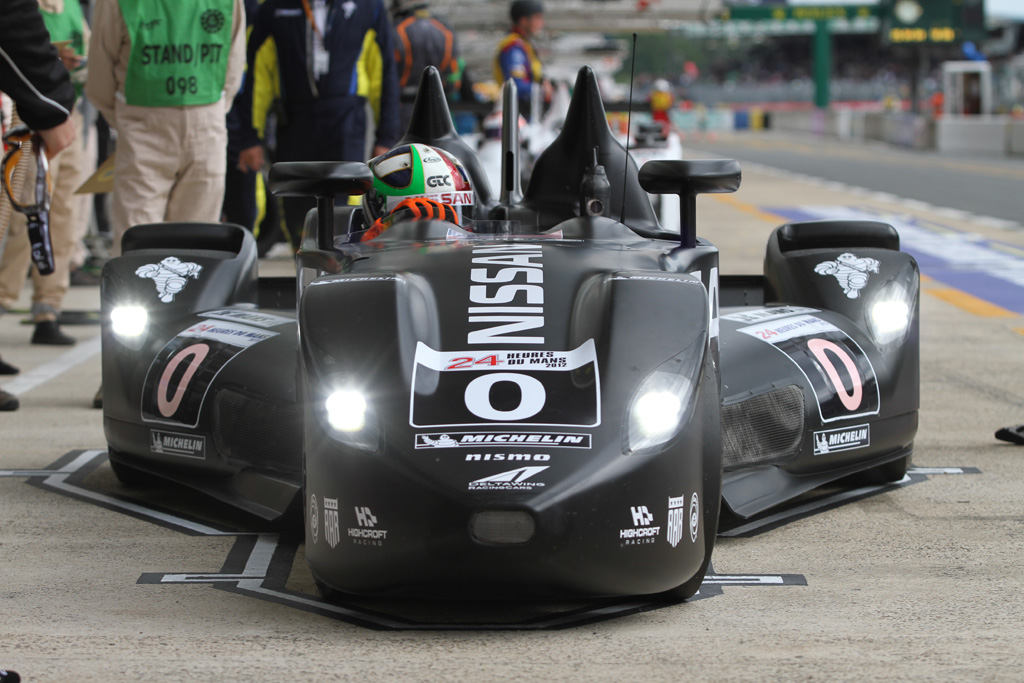 But it’s not just the top-of-the-line Prototypes that impressed – the ‘lesser’ Rebellion Toyotas
But it’s not just the top-of-the-line Prototypes that impressed – the ‘lesser’ Rebellion Toyotas
that shouldn’t really be that far up the running order, with the same story being applicable for
And, let’s not forget that it shows that even the successful ‘greats’ like Allan McNish in statistically superior cars can make a few mistakes every now and again, even when they aren’t under any real form of pressure (had the Scot not pushed his car too hard in the final few hours of Le Mans and cause significant damage to the car’s front and rear bodywork, it’s possible he would’ve jumped the sister e-tron during the pitstops and go on to win the race).
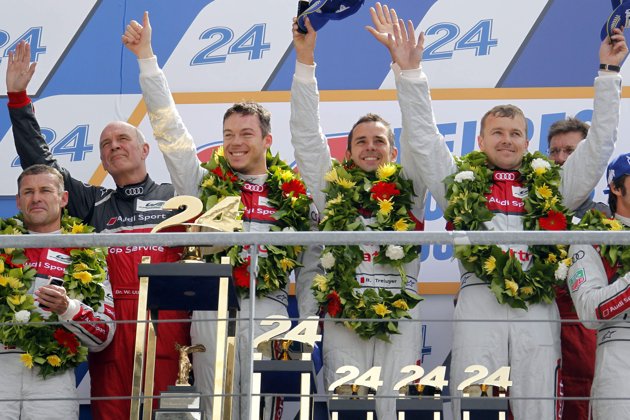
Overall, despite the processional nature of the race of “It’s not if they’re gonna win, it’s when they’re gonna win” towards the latter stages, the 80th Le Mans race was quite a stunner. It maintained Audi’s reputution as the reigning champions, yet established the Toyota team as a force that demanded respect in the pitlane, as well as mixing up some of the classes and tiers at the ‘other end of the spectrum’ to bring about some very impressive results for the comparative ‘underdogs’.
Put simply, it had all the makings of a thoroughly enjoyable and, perhaps more importantly, rather memorable Le Mans, and it certainly bodes well for the rest of this year’s inaugural WEC series.


